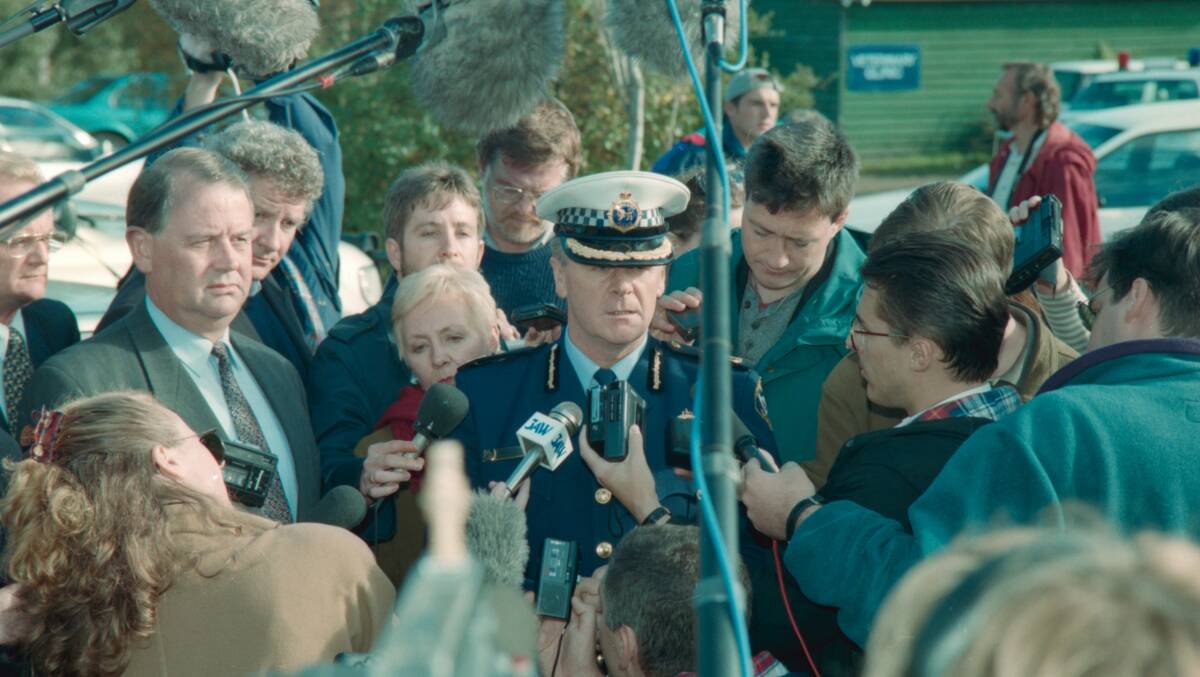
April 28 marks 25 years since 35 lives were lost at Port Arthur in an unimaginable tragedy.
While more than two decades had passed, the pain of that day remained raw, and now, some of the police involved in the devastating operation have shared their stories.
In this two-part series, we speak with the officer who took the first triple-zero call, members of the special operations group who arrested the shooter after a lengthy siege, the negotiator who spoke directly with the offender during that standoff, and a detective called to the crime scene.
Disclaimer: This story contains descriptions of violence and discusses suicide and Post-traumatic stress disorder. It might not be suitable for all readers. Discretion is advised.
THE NIGHTMARE
Hank Timmerman lives with the trauma of being on the frontline during the Port Arthur massacre.
He thinks of the victims, their families, and his fellow officers who were confronted by unimaginable scenes on that dark day in April 1996.
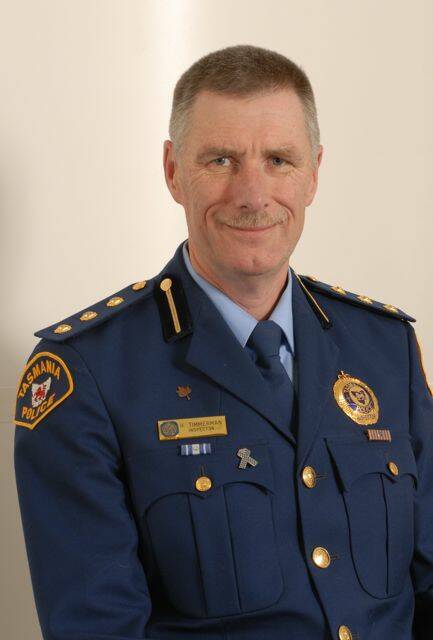
The former police inspector is also haunted by the face of a mass murderer, who Australian Community Media - the publisher of this newspaper - has decided not to name to respect the wishes of survivors who chose to share their stories.
The officer in charge of the Special Operations Group at the time was just three weeks into the role when he came face to face with the shooter who had just killed 35 people, and injured 23 more at the historic Tasmanian site.
Speaking publicly about his experience for the first time, Mr Timmerman shared how the encounter still impacted him 25 years later.
It was as the shooter walked out of a burning guesthouse at Seascape Cottage, where he had held a man hostage, that Mr Timmerman first made eye contact.
He had the most shocking eyes that you could ever stare into ... I will never forget the look in his eyes, never.
- Hank Timmerman
"It is something I will take to the grave."
The anniversary of the massacre remained somewhat of a taboo topic, often overshadowed by conspiracy theories claiming it was about government gun control.
But Mr Timmerman described those theories as "really cruel".

"To think that we would put ourselves in that sort of a situation, in so much danger, and allow other people to be put in so much danger ... is absolutely beyond me, I just can't understand that at all, and I get quite angry.
"Very, very sad that people could think that way."
Not only did he have to listen to those conspiracy theories, he also lived with the guilt and pressure from those who believed police failed when they didn't kill the shooter on the day.
"I wouldn't mind a dollar for every time someone said to me 'why didn't you shoot him?'.
"The fact is we have to work within the bounds of the law ... at the end of the day we are trained police officers, professional police officers, we are not mercenaries, and it's not up to us to take the law into our own hands. But I live with that every day ... it will stay with me forever."
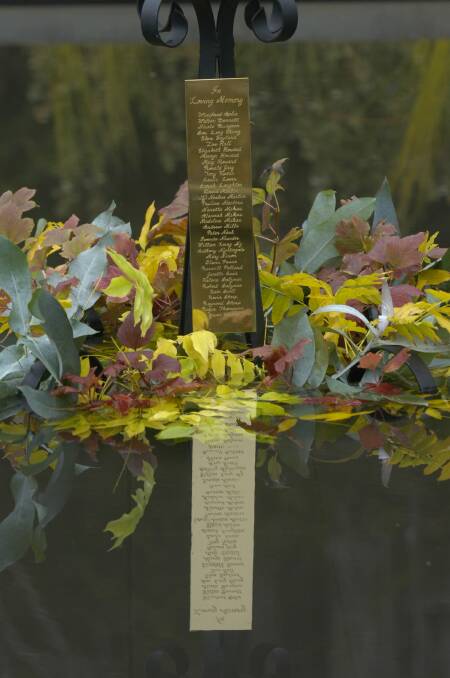
An emotional Mr Timmerman said he understood it was still a "very, very raw" topic, and did not take the decision to talk about it lightly.
But he wanted to honour the victims, their families, and friends, and his fellow officers who faced the same horror he did 25 years ago.
"There are so many victims still out there, still alive ... not only those that were directly injured, but all their family and their friends, anyone that had anything to do with Port Arthur, it is still very, very, raw, you can probably tell that from the emotion that I am displaying [talking to you] too ... but I guess that doesn't mean we shouldn't talk about it, but there are ways you can talk about it ... in a respectful way.
"What we should be doing is not speaking about him, but speaking about and honouring the victims.
"It took me 10 years to actually go back to Port Arthur, and I have been back a couple of times since, and it has gotten easier, but, on the anniversary I usually have flashbacks, and a feeling of hopelessness."
THE FIRST SHOTS
Before Mr Timmerman and the SOGs were sent to Port Arthur, the police radio room took the first triple zero call.
In that radio room fielding the calls was Brett Smith, Northern Tasmania's former police commander.
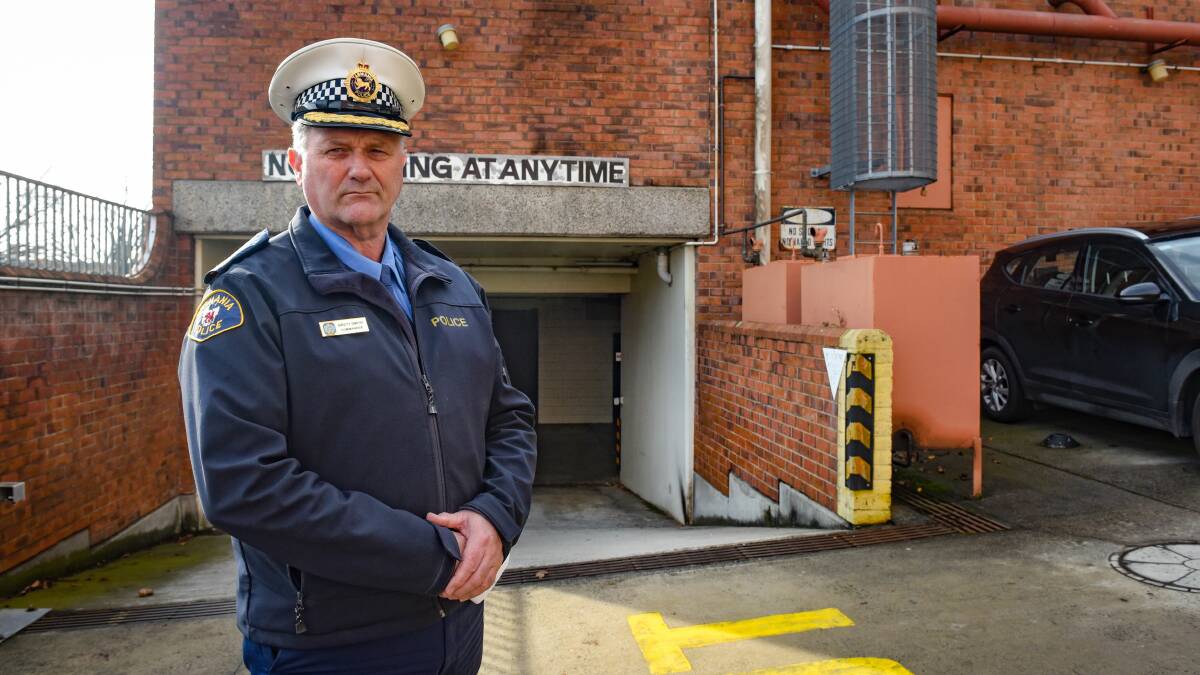
A freshly-promoted sergeant at the time, he remembers the details of that day vividly.
"It was about 1.38pm, I can just see the hands on the clock now ... where one of our senior operators yelled out across his console to mine, he said 'hey sarge, you better have a look at this one', and I looked on the screen and there were a number of shots fired at Port Arthur," he recalled.
"Another operator yelled out 'more calls on shots at Port Arthur'."
It was after that the operators were inundated with calls, with the story quickly changing from shots being fired to people being shot.
That was when the shock set in for then Sergeant Smith.
He didn't have time to process that emotion though, instead he had a job to do.
"The initial shock feeling is that tightness in the gut that grabs you, that's the feeling, but for me it was just a matter of I had to switch on and go straight back to basics and put our people at the scene," he recalled.
But it was not until operators started writing victims' names on the whiteboard that the reality of what had happened truly set in.
"There was a feeling of disbelief," Mr Smith explained.
The enormity of it hit a number of our operators when we started to see a list of names. When you actually saw the names, people's names, it was quite confronting. Not a lot happened in my time in the radio room that I remember as vividly as this.
- Brett Smith
"It is permanently etched in my mind."
THE SIEGE
Throughout the afternoon, innocent people were killed - at Port Arthur's Broad Arrow cafe, the gift shop, the car park, and the toll booth.
The shooter killed his 34th victim at a service station, before taking a man hostage.
That was when the standoff with police began, after he locked himself, and the hostage inside a guesthouse at the Seascape Cottage.
Police negotiator Terry McCarthy still remembers calling the Seascape Cottage landline several times, attempting to get in contact with the person inside - who he later learned was the shooter.
Despite working as a police negotiator since 1989, and having extensive experience in counter-terrorism at both a state and national level, the Port Arthur tragedy was unlike any other situation he had experienced.
The incident saw him work closely with a police psychologist, and forensic psychiatrist. But even with that support, the role of negotiator came with enormous pressure.
"The reality is the role of a crisis negotiation team is to try to resolve the situation as peacefully as possible ... and hopefully you can rescue people that are perhaps being held hostage, or held against their will," he said.
"So there is a great deal of pressure on you, but at the same time you are trained for that, and the entire team was trained for that."
While he spoke directly with the shooter for some time, the cordless phone inside the cottage went flat, and they lost contact.
By the next morning, the siege was over, after the shooter set the property on fire, and walked out.
He was taken into custody, and later pleaded guilty before being given 35 life sentences, without the possibility of parole.
REMEMBERING THE VICTIMS
While a memorial garden with a cross naming the victims has since been created at the site, Mr McCarthy said a more significant tribute should be created.
"That's probably one of the saddest things from my perspective, that there is really no information there about what happened to those 35 people and all the other people that were injured," he said.
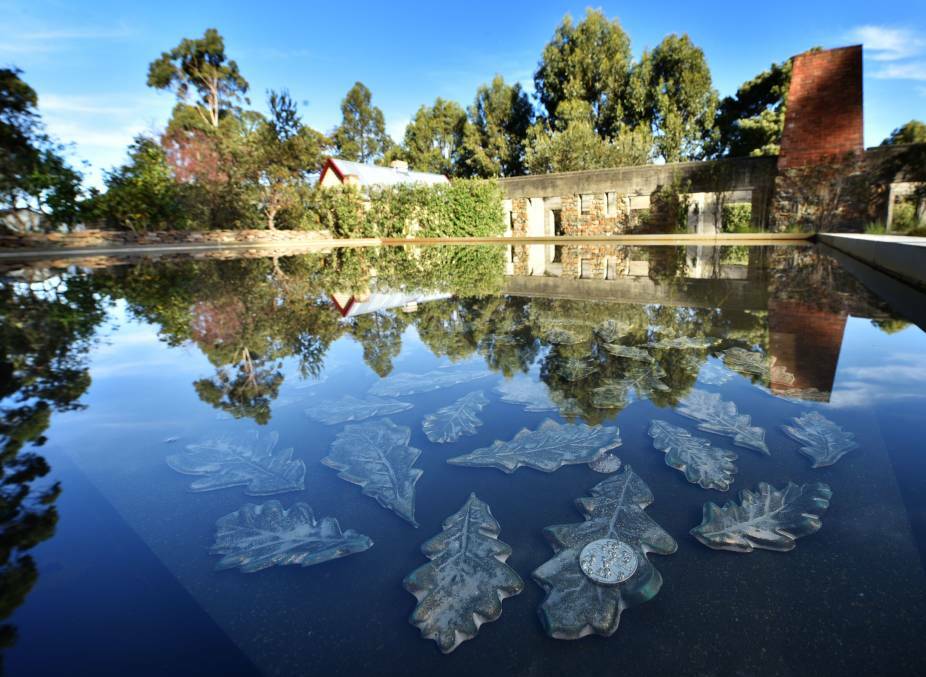
"They made a very significant sacrifice for our nation, our gun laws changed after that event, and yet for visitors who perhaps weren't even born when it happened, there is really no information there to tie the victims into the history of the place, and they are part of the history of Port Arthur.
"In my view, and I want to stress it is my personal view, that they deserve some respectful attention. The cross, which is a beautiful memorial to the people that lost their lives, it's great, but it's just a list of names to people that really don't know what happened."
Part two of the series will be published on Thursday, April 29.
- If this story has impacted you in any way, help is available through Beyond Blue by calling 1300 22 4636


